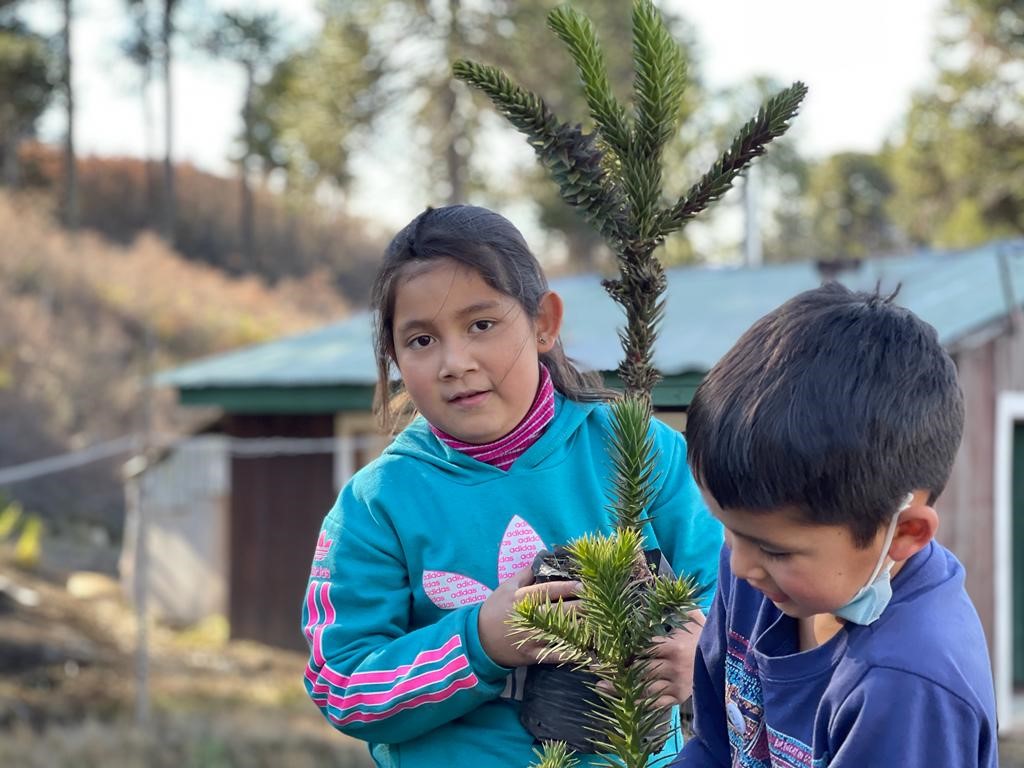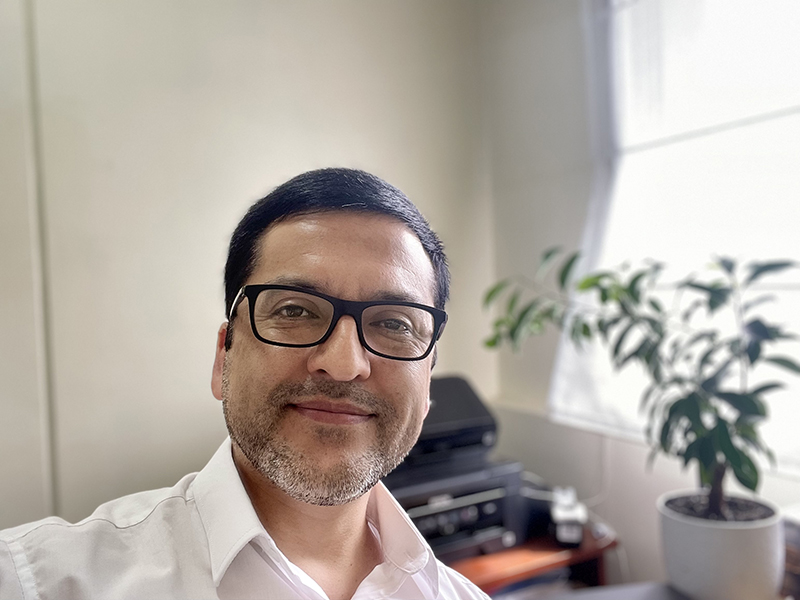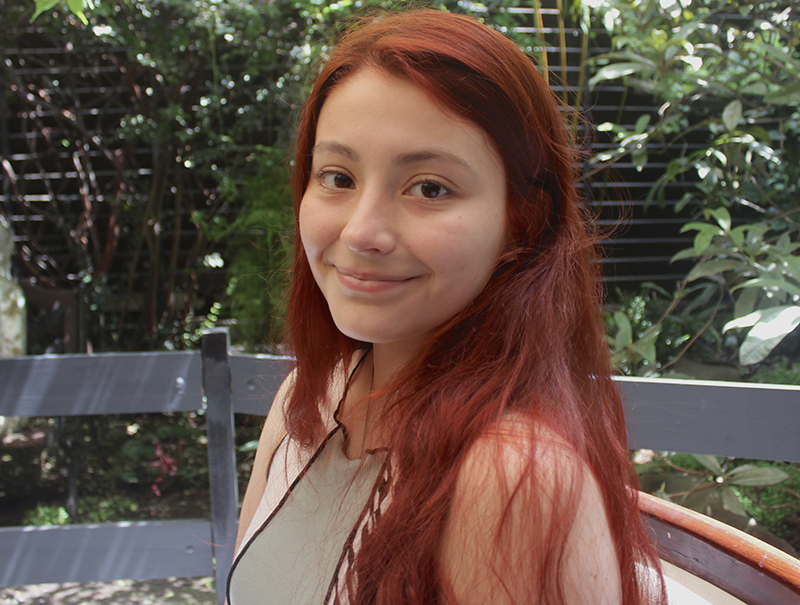The Lonquimay commune sits in a valley in the Chilean Andes. Found in the country’s Araucanía Region, it is the home 52 families of the Mapuche-Pehuenche community of Quinquén, which belongs one of the first native peoples in the region and maintains a strong connection with nature.
In the early 1990s, the community of Quinquén became a sign of the indigenous struggle to defend and recover their lands and protect a precious tree, the Pehuén or Araucaria (Araucaria araucana (Mol) Koch). Belonging to the Araucariaceae family, the coniferous tree produces edible seeds called piñón or nguillio, rich in protein and carbohydrates, which the local community still collects.
Various phenomena attributable to climate change have hit the Quinquén community, including large fires threatening their territory, colder winters, or intense snow. This stressed the urgency to help the local people, who are already facing social and economic vulnerabilities, to adapt to and mitigate these extreme events and secure a better future.
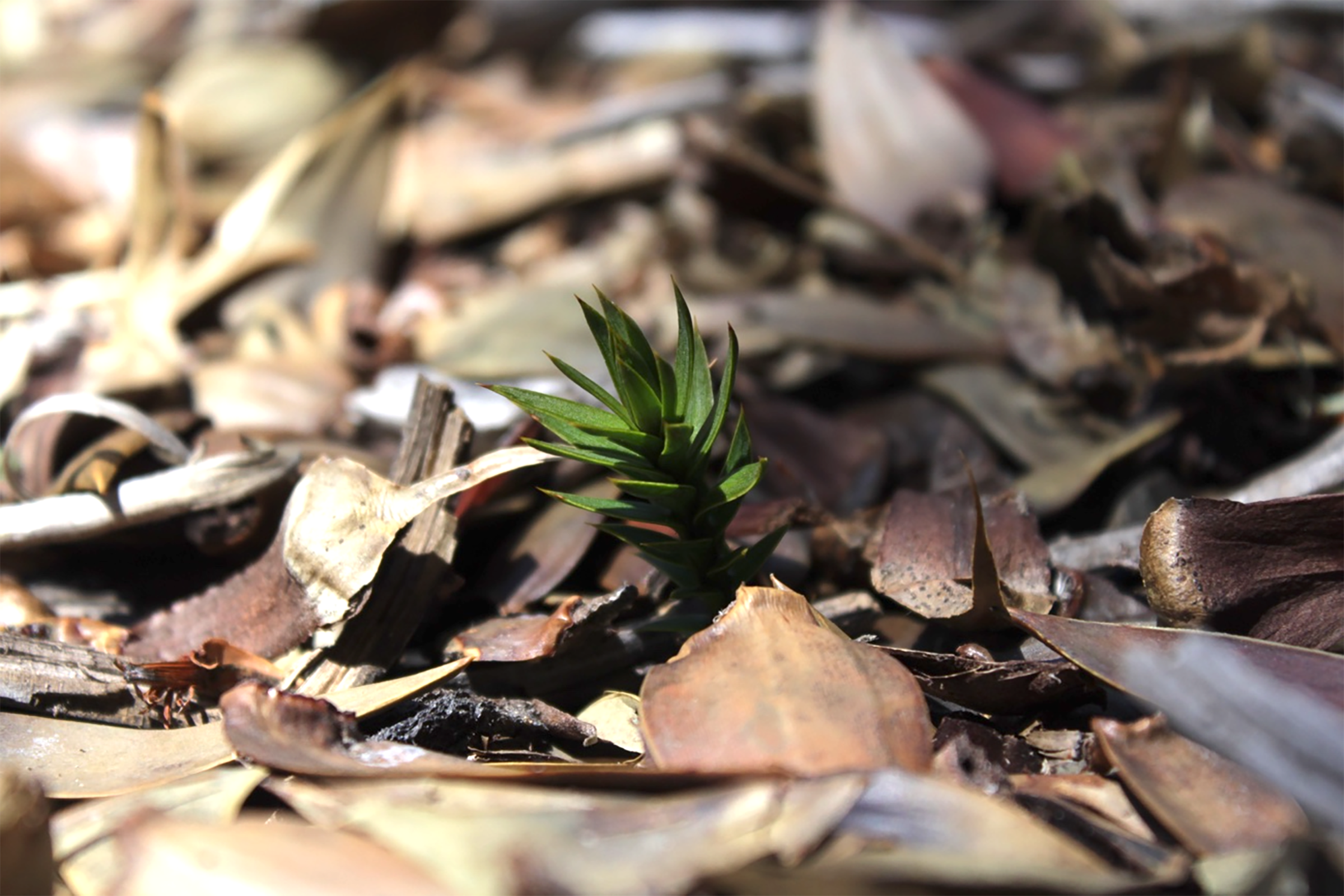
This is why, since 2018, within the framework of Chile's National Strategy for Climate Change and Vegetation Resources (ENCCRV, in its Spanish acronym), and with financial support from the UN-REDD National Program, the National Forestry Corporation (CONAF) carried out in the Region of La Araucanía important participatory work with the Quinquén community, using the Mapuche Intercultural Forest Model (MOFIM) methodology.
The work focused on two initiatives: i) An "Adaptation to Climate Change" project, to combat its effects on the territory; and ii) a “Payment for Environmental Services” project, aimed at the sustainable and sustainable management of the pehuén (piñon) seed. The projects benefited from the involvement of the local community’s ancestral authority, the Lonko, who acts as political and spiritual leader – in the case of Quinquén, the lonko being Ricardo Meliñir.
The projects have been developed with the technical and financial support of the UN-REDD National Program, in particular with support from CONAF and UNDP. The first project, "Adaptation actions to reduce the socio-environmental vulnerability of the indigenous community of Quinquén to the impacts of climate change", has involved the recovery of 11.16 ha of land across the Ngüillatun and Palihue, areas with ecological and cultural significance, in addition to improvement works and revegetation with native forest species with Araucaria, Lenga (Nothofagus pumilio (Poepp. & Endl.) Krasser), and Coihue (Nothofagus dombeyi (Mirb.) Oerst.).
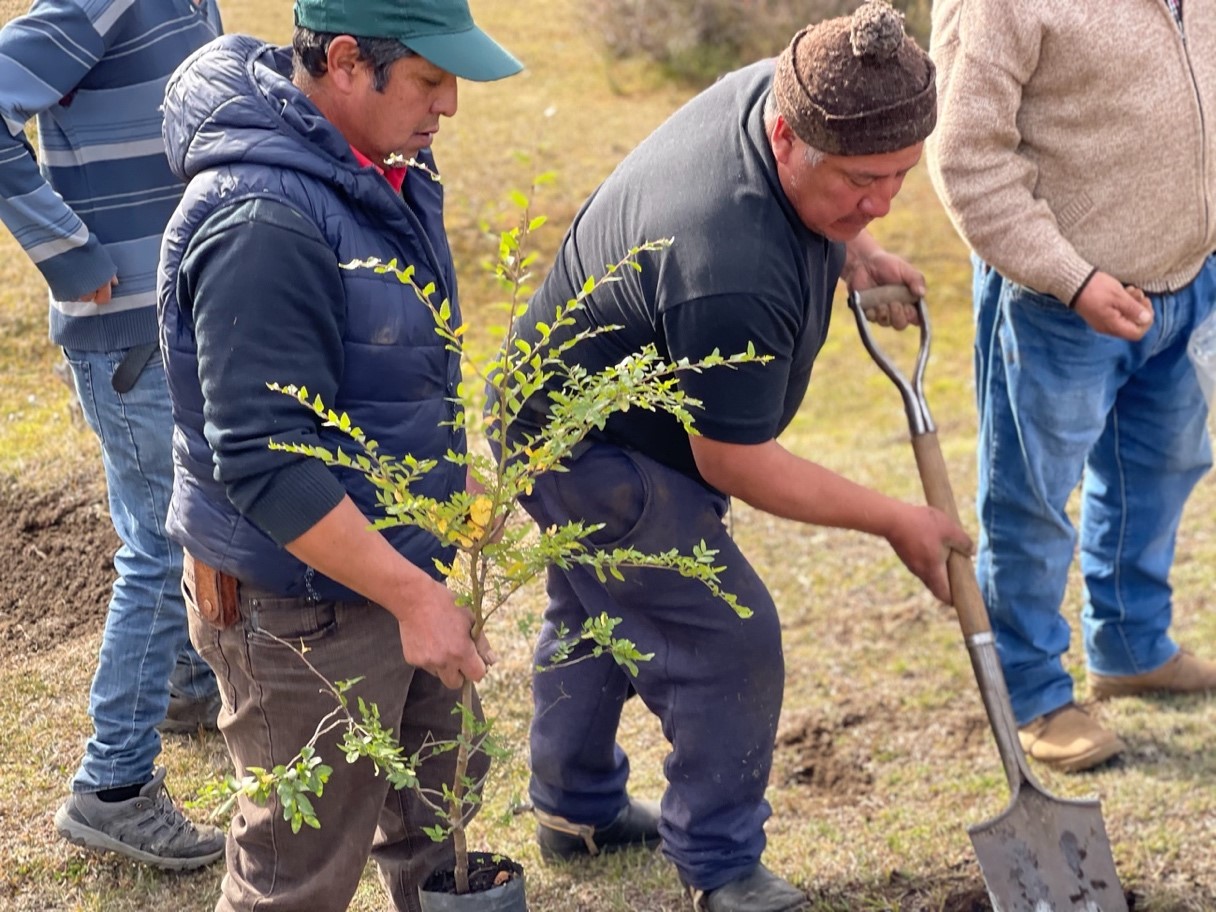
Adaptation actions associated with the prevention and protection of forest fires have meant equipping the first Voluntary Forestry Brigade in Quinquén, providing tools and training for forest brigade members, and introducing a full coverage radio communication system in the community, which will undoubtedly be essential for coordination during emergencies.
The Rural School of Quinquén has also played a fundamental role, as adults and children engaged in activities related to producing food and preserving native plants and benefitted from a new greenhouse for community use.
As part of the "Payment for Environmental Services in the Quinquén Indigenous Community" project, 14.57 ha have been replanted since the end of 2019 with native species such as, Araucaria, Lenga and Coihue and sown with Araucaria (piñón), with the help of 25 local families. This pioneering project with indigenous communities in Chile aims to restart the sustainable management of the piñon in order to improve water environmental services and tourist potential.
This initiative, which comes from the community itself, seeks to protect the Araucaria and its seed, as an alternative to restoring a landscape threatened by extreme events and climate change. The current Regional Director of CONAF in the Region of La Araucanía, Mr. Julio Figueroa and the regional team of the Department of Forests and Climate Change, and of the Climate Change and Environmental Services Unit (UCCSA) have been key in managing and supporting the community to strengthen recovery and restoration activities, together with appropriating and leveraging cultural spaces.
With both projects wrapping up, the results are visible: tThe community is committed and interested in protecting, recovering, and restoring the native forest. This ensures sustainability in the long run and can generate contributions for climate change adaptation.
